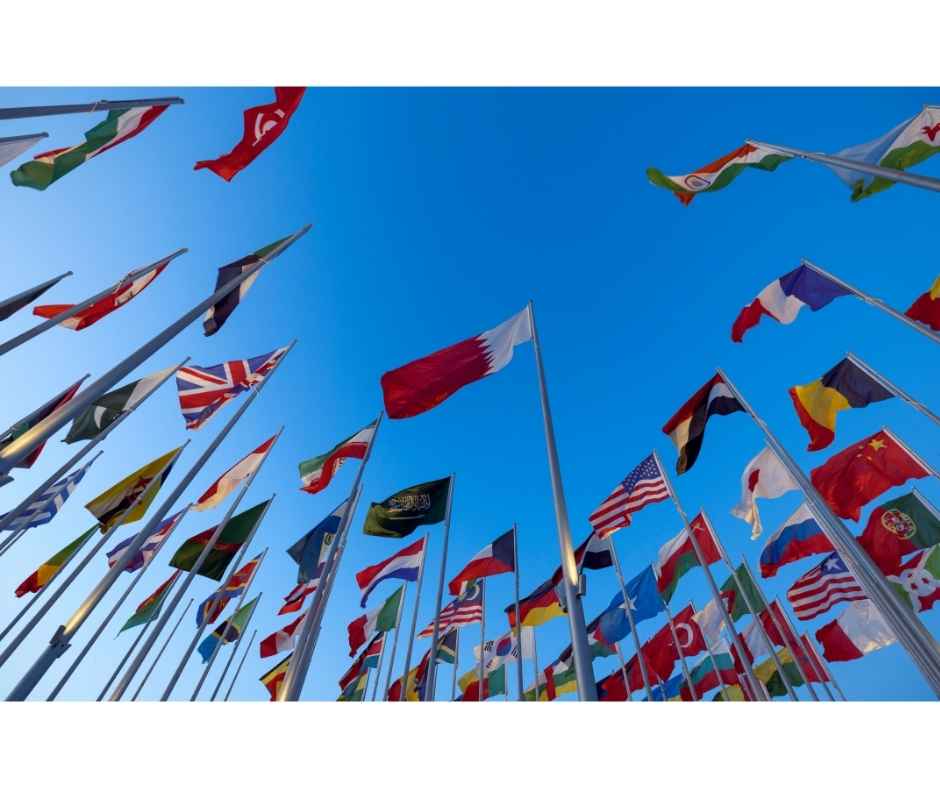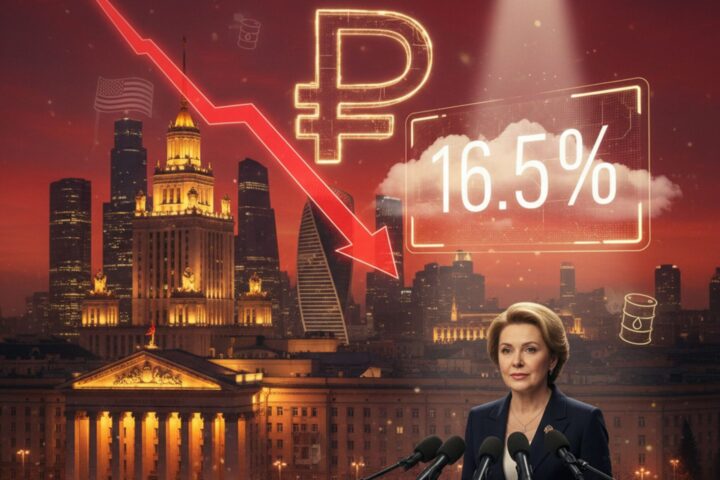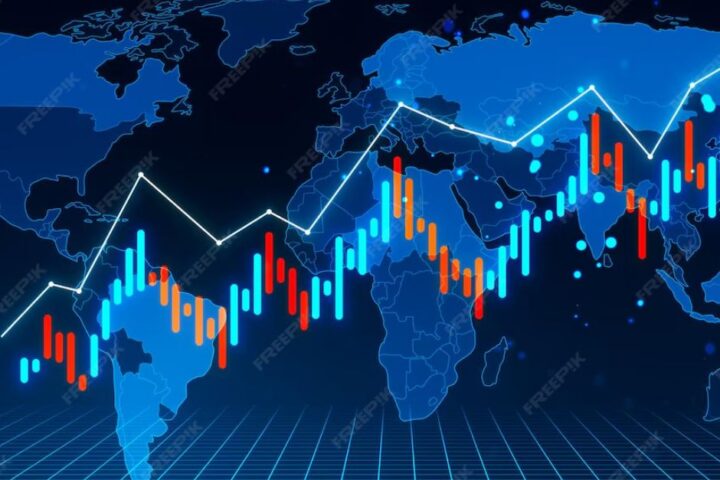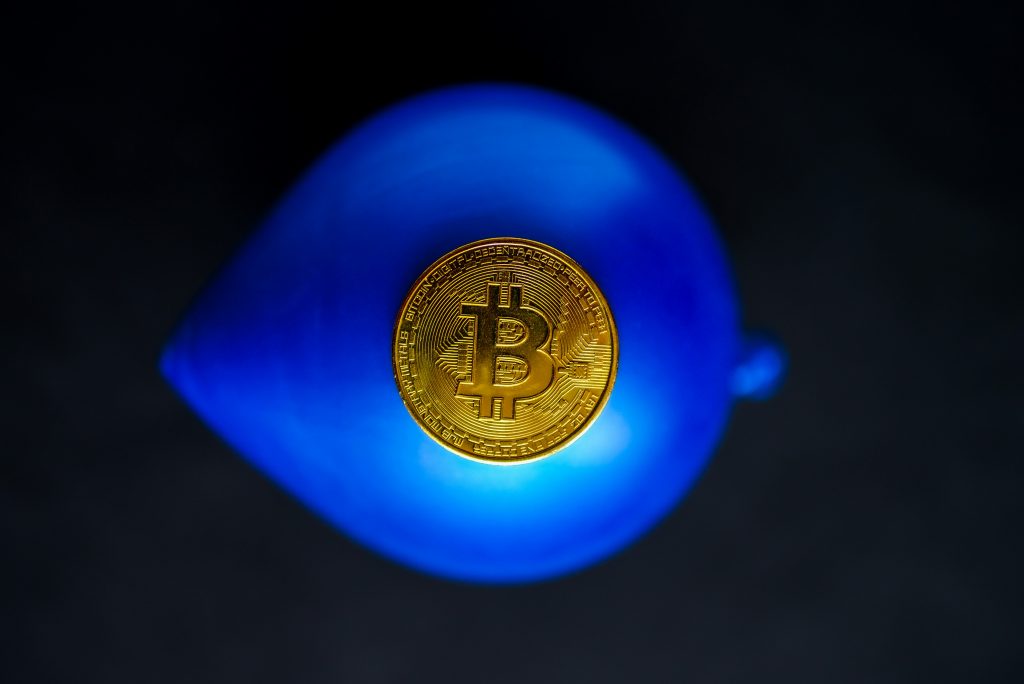A Confident Start to the Financial Quarter
The global markets opened July with a clear sign of strength. Despite uncertainty around U.S. trade policy and weakening dollar signals, investors worldwide demonstrated resilience. A noticeable move toward gold, silver, and other steady-value assets reinforced market confidence across all regions.
The week’s trading trend is not driven by panic but rather a calculated shift. Market participants are adapting strategies around stability, preparing portfolios for tariff outcomes and policy signals from central banks.
Safe Assets Lead the Charge
Gold prices rose by 0.6 percent, reflecting an investor preference for traditional safe assets. Silver and platinum also gained modest ground. This movement shows a strategic rebalance across commodities as global markets move into a new fiscal quarter.
The weakening of the U.S. dollar has accelerated this shift, especially for international traders leveraging favorable currency exchange conditions to increase commodity positions.
U.S. Trade Decision Looms Large
Investors are now watching for a major announcement on U.S. import tariffs, expected by July 9. This decision is anticipated to influence multiple global sectors including manufacturing, technology, and logistics.
While exact policy details remain uncertain, the market response is proactive rather than reactive. Traders are balancing equity holdings with commodities and adjusting currency strategies to prepare for possible supply chain impacts.
Global Indices Reflect Measured Response
European markets opened cautiously, but late-day recoveries were observed in France and Germany. In Asia, the Hang Seng Index saw slight gains led by export-focused tech firms. Japan’s Nikkei remained stable, while India’s benchmark indices held firm thanks to strength in consumer and energy sectors.
This measured global response reflects a mindset of preparation, with investors using the current period to fine-tune risk exposure.
Emerging Markets Gain New Traction
In emerging economies, capital inflow has seen a temporary boost. The Reserve Bank of India highlighted the short-term advantage of dollar softness, helping exporters with improved profit margins.
Southeast Asian economies have also signaled opportunity, particularly for commodity-rich nations with export flexibility. Financial ministries across these regions are keeping a close eye on U.S. tariff policy while reinforcing local trading infrastructure.
Corporates Adjust Without Alarm
Multinational corporations have started reviewing quarterly forecasts. Logistics and shipping companies have issued early guidance, while technology manufacturers are closely assessing trade exposure.
However, sentiment remains stable. Many firms have diversified global sourcing over the past year, which cushions against policy-driven supply disruption. Corporate strategy now favors adaptability and cost control over expansion until more clarity arrives.
Currency Strategy Supports Resilience
With the U.S. dollar hitting a three-year low, financial institutions are adjusting currency exposure. Bond markets remained flat, reflecting cautious optimism as central banks around the world prepare upcoming interest rate statements.
A diversified approach is becoming the norm, with global funds allocating capital across bonds, commodities, and regional equity baskets to capture safe returns.
Looking Forward: Cautious Optimism Continues
As markets wait for critical announcements from Washington and the Federal Reserve, momentum remains positive. Gold continues to act as a stabilizing asset while global currencies shift into a period of correction.
Across regions, the story is one of thoughtful planning. Investors are not just reacting to headlines,they are shaping resilient strategies that support long-term growth in an evolving financial environment.











